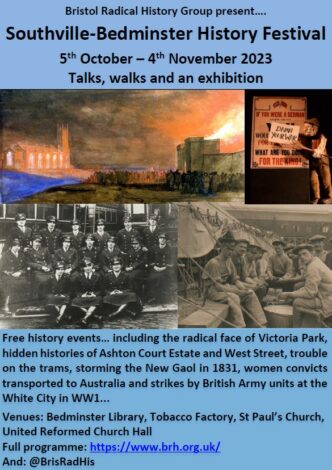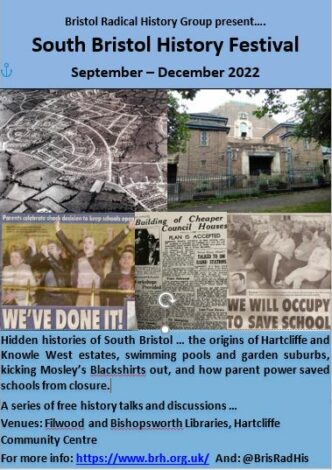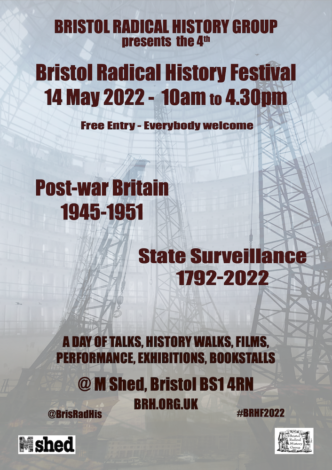Trouble at the White City
Bristol and strikes in the armed forces in 1919
This talk considers, from a Bristol perspective, the huge wave of strikes involving tens, if not hundreds of thousands of personnel in the British Armed forces at the end of World War One. Mass insubordination, refusals and in some cases mutiny swept through army, navy and air force personnel in January 1919. Driven by the desire for immediate demobilisation and fears that politicians and military leaders might commit them to the ongoing invasion of revolutionary Russia and other colonial […]





